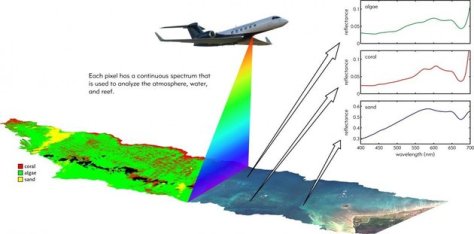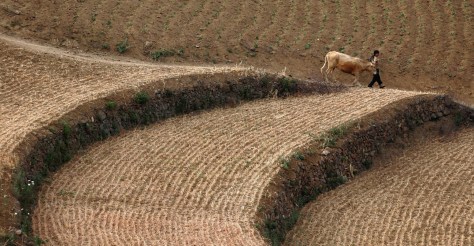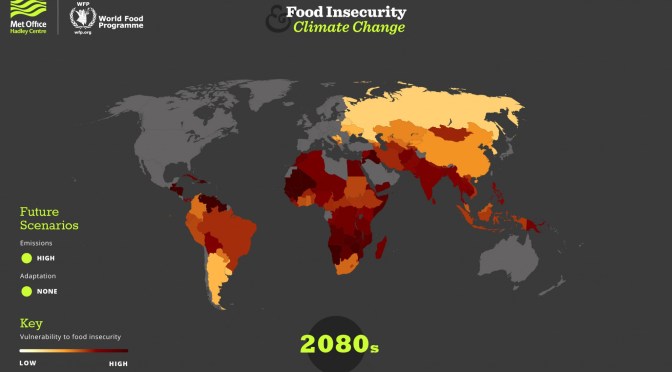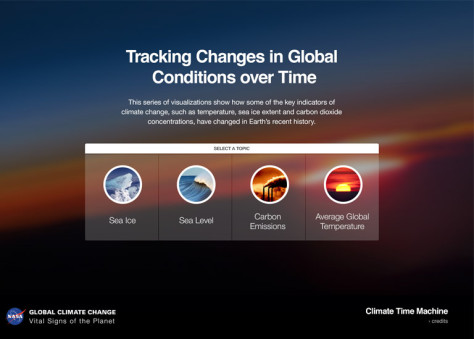
How much fossil fuel has been used in your lifetime
Climate Time Machine
NASA’s Game-Changing Plan To Save Coral Reefs

The space agency is lending high-tech instruments to a 3-year study.
January 7, 2016 — NASA’s high-tech endeavors normally look outward. But given the existential threat facing the world’s coral reefs, the space agency has decided to focus its efforts closer to home — and the result may be game changing.
Continue reading NASA’s Game-Changing Plan To Save Coral Reefs
More great reads
- Non Gamstop Casinos
- Online Casino
- New Non Gamstop Casinos
- Non Gamstop Casinos
- Non Gamstop Casino
- Migliori Siti Casino Online
- Migliori Casino Non Aams
- UK Online Casinos Not On Gamstop
- Non Gamstop Casinos UK
- Meilleur Casino En Ligne
- στοιχηματικες εταιριες
- Sites Not On Gamstop
- Non Gamstop Casino UK
- Slots Not On Gamstop
- Gambling Sites Not On Gamstop
- Best Non Gamstop Casinos
- Non Gamstop Casino Sites UK
- Online Casino
- UK Online Casinos Not On Gamstop
- Casinos Not On Gamstop
- Casino Not On Gamstop
- Casinos Not On Gamstop
- Siti Casino Online Non Aams
- Non Gamstop Casino
- Siti Casino Online Non Aams
- Top 10 Casino En Ligne Belgique
- Meilleur Casino En Ligne En Belgique
- Top 10 Casino En Ligne Belgique
- Bookmaker Italia
- Avis Application Sweet Bonanza
- オンライン カジノ ブック メーカー
- Casino Live
- Casino Cresus
- Casino En Ligne
- Casino En Ligne Fiable
- Casino Online Migliori
- Nuovi Casino
- Casino Online France
- Casino En Ligne France
- Crypto Casino Online 2026
We’ve Rediscovered ‘Extinct’ Giant Tortoises

January 7, 2016 — The Galápagos Islands, 1,000 kilometers off the coast of South America, are probably most famous as the place that inspired Charles Darwin’s theory of evolution. They are home to an extraordinary array of wildlife, including giant Galápagos tortoises, the world’s largest land-living cold-blooded animals.
Continue reading We’ve Rediscovered ‘Extinct’ Giant Tortoises
Earth is Experiencing a Global Warming Spurt

Cyclical changes in the Pacific Ocean have thrown earth’s surface into what may be an unprecedented warming spurt, following a global warming slowdown that lasted about 15 years.
January 7, 2016 — While El Niño is being blamed for an outbreak of floods, storms and unseasonable temperatures across the planet, a much slower-moving cycle of the Pacific Ocean has also been playing a role in record-breaking warmth. The recent effects of both ocean cycles are being amplified by climate change.
Continue reading Earth is Experiencing a Global Warming Spurt
A single gas well leak is California’s biggest contributor to climate change

Rupture of Aliso Canyon well has released more than 77,000 metric tons of methane and refocused attention on America’s accident-prone infrastructure
January 7, 2016 —The single biggest contributor to climate change in California is a blown-out natural gas well more than 8,700ft underground, state authorities and campaign groups said Monday.
Continue reading A single gas well leak is California’s biggest contributor to climate change
Droughts and heatwaves cause 10% drop in annual crop harvests

Over the past five decades, hundreds of droughts and heatwaves have struck countries across the world. A new study finds that these events caused an average annual drop in national crop production of around 10%.
January 7, 2016 — The cumulative global losses of these hot and dry extremes amount to 3bn tonnes of cereal crops, the study says – equivalent to three times the global maize harvest last year.
Continue reading Droughts and heatwaves cause 10% drop in annual crop harvests

![17India-web-superJumbo[1]](../../gogreenr12.org/wp-content/uploads/2015/12/17India-web-superJumbo1.jpg)
![smog-beijing[1]](../../gogreenr12.org/wp-content/uploads/2015/12/smog-beijing1.jpg)
![ocean-surface-temperatures-2015[1]](../../gogreenr12.org/wp-content/uploads/2015/12/ocean-surface-temperatures-20151.jpg)


